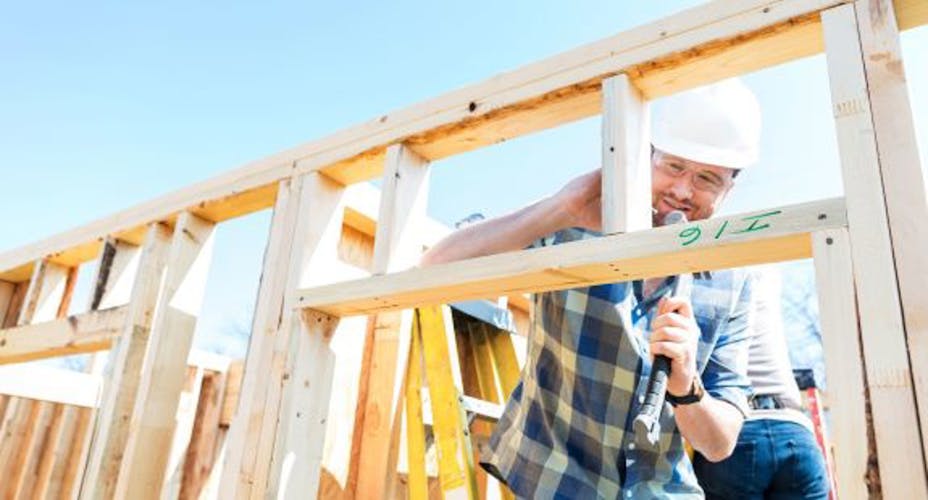“Conceived and launched as an affordable solution to our community’s housing crisis, the program allows lower income families to realize homeownership while maintaining a traditional hunting and trapping lifestyle,” says Chief Louisa Wynne, Whapmagoostui First Nation. “Our goal is to focus on and improve housing by adopting higher standards for new construction and retrofit programs. The support of building industry leaders and manufacturers is incredibly valued, helping to keep costs low and identifying best practices that ensure success.”
Whapmagoostui First Nation is a remote community, located in the Québec coastal region between James Bay and Hudson’s Bay. The bulk of its aging housing stock has not stood up well against the area’s subarctic climate and is at the end of its service life. Many of its residents live in overcrowded and substandard conditions in aging houses built to minimum code. To compound the issue, the community is currently facing a 90 percent backlog for new homes.
“We fully support the Helping Homes project,” says Leslie McLaren, North American Manager, Government Affairs & Corporate Communications, ROXUL Inc. “Not only will it provide safe, durable and efficient housing that will stand the test of time and conditions, we hope its success will result in more widespread adoption, bringing homeownership within reach to many who otherwise would not have means or opportunity to improve basic living conditions. Instead, this project goes well beyond basic building skills and demonstrating that sustainable, energy-wise housing is possible for people, even at lower income levels.”
The Helping Homes project will begin with two pilot home builds, designed to achieve an Energuide 87 rating. Each will be a one-and-a-half-story, three-bedroom, 1,400-square-foot dwelling. The homes will be super-insulated with ROXUL stone wool insulation to create an ultra-efficient building envelope that improves fire safety, air quality, comfort and durability, while reducing heating costs. The homes’ 16.5-inch thick walls will achieve a thermal resistance rating of R66, their ceilings a rating of R80, and their foundations a rating of R28.
Going one step further, project partners will incorporate skills training during the builds. This will allow community members to learn various trades—things like laying tile or drywalling—so they can offset their hunting or trapping season. Most members in the community earn an annual income of just $15,000 to $35,000 per year.
“Most families in the Whapmagoostui First Nation spend 70 per cent of their income on food and shelter,” says Peter Wynne, Project Liaison and senior member of the Moose Cree First Nation. “Helping Homes is a holistic, community-based humanitarian project that will have an immediate, positive impact on social housing and economic well-being.”
The Helping Homes project has partnered with SuperSHELL Homes of North Bay, which will provide building materials, construction services and skills training. ROXUL Inc. was the project’s first corporate sponsor, providing all insulation for the project, which will reduce estimated project costs by approximately one third. Home Depot is also on board, providing key support in a variety of ways.
The pilot builds are expected to begin in September and take 14 weeks to complete.
“I hope, in the future, we will see more of these projects happening with First Nation communities, because all across Canada there is a housing crisis in First Nation communities,” says Robert Wynne, Director General Operations, Whapmagoostui First Nation.
